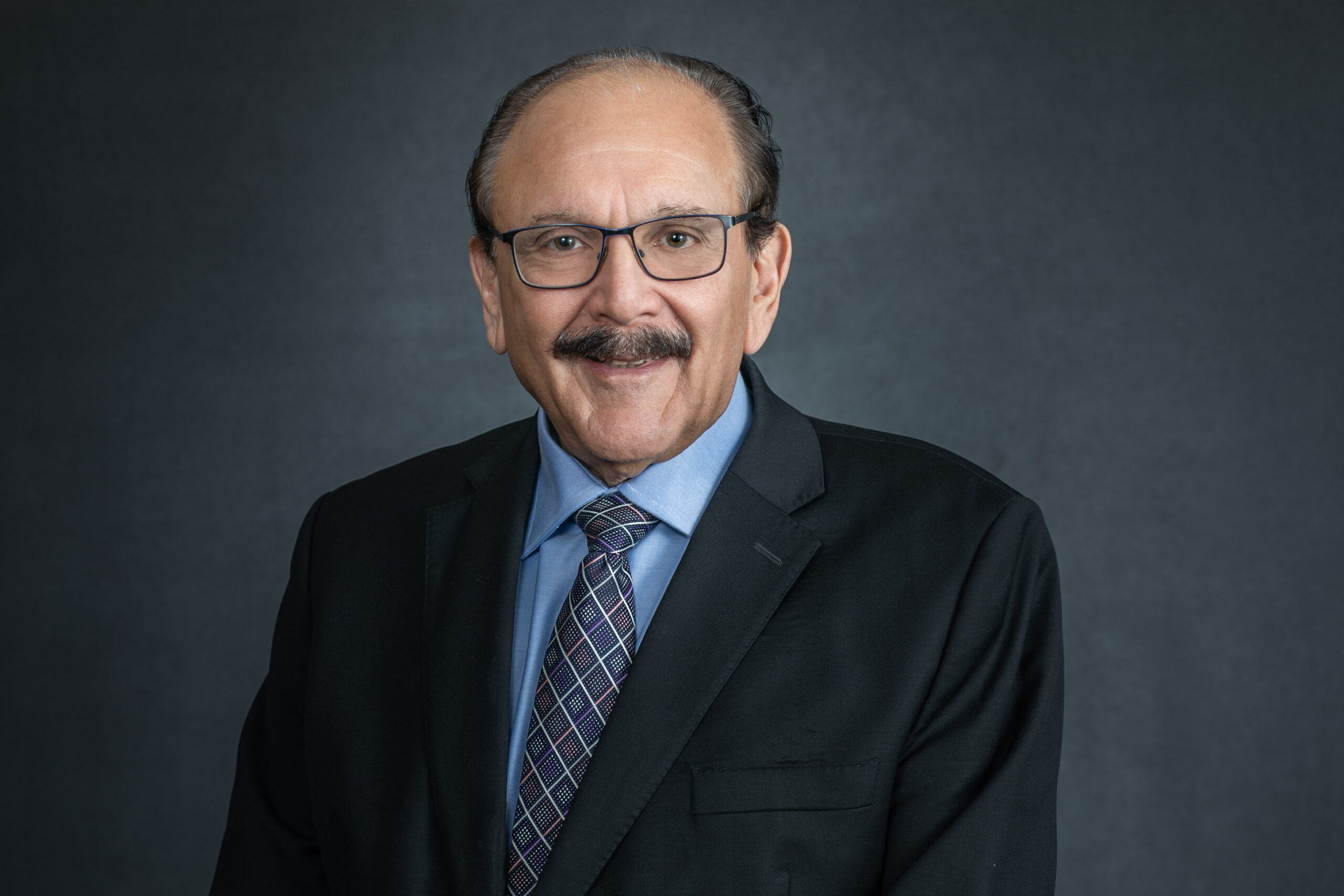
WHAT IS A POWER OF ATTORNEY?
A power of attorney is a legal document in which a person (the principal) designates and authorizes another person (the agent or attorney-in-fact) to transact business or make certain decisions on his or her behalf. When a power of attorney is in effect, the agent essentially steps into the shoes of the principal and makes decisions that are legally binding on the principal. Powers of attorney can grant broad, general authority (known as a general power of attorney) or they can limit the attorney-in-fact’s power to act on behalf of the principal to particular situations (known as a special power of attorney).
Here’s an example, if you are incapacitated in a coma for a long period of time, that person can then act on your behalf to sign important legal documents and they can also do things in regards to your finances and for your personal affairs. In this document you can list the things that they would be allowed to do. For example, list your home for sale, complete a re-fi on your home that had already been started, any banking transactions, access your safety deposit box, and also manage your financial accounts.
Did you know that just because you are incapacitated that doesn’t mean your spouse gets to sign on your behalf? Only the person you appoint through this POA can make that action for you with regards to signing documents on your behave.
You want to make sure that you have a very detailed POA. Make sure you lay out specific instructions as to how much power you want them to have. And if for some reason you die the POA is no longer a legal document. It can only be used when you are alive.
Parents with Children Over 18
Did you know that when your children turn 18 your rights as a parent stops to exist? This also applies to the parents of disabled children.
After they turn 18, you are no longer allowed to go to the bank and make any transactions for them, talk to their doctors, or even talk to their school regarding grades unless the child gives you permission. Few parents realize that even when it’s time for them to go to college, you do not have a voice even though you may be paying their way.
You may want to consider granting a POA for your children when they go away to college. This would come in handy in case of emergencies. You don’t want to be hundreds of miles away when something terrible happens, just to find out no one will tell you anything. Consider having them sign a health care power of attorney before they go away so you can talk to the doctors in case something terrible does happen.
General Durable Power of Attorney
Allows the grantor of the power of attorney to survive any disability the grantor could suffer.
Durable Medical Power of Attorney
Power of Attorneys make medical and financial decisions in case of incapacitation. HIPPA forms are often needed with the Power of Attorney documents to allow an incapacitated person’s medical records to be released to the Power of Attorney.
Limited Power of Attorney
Unlike the sweeping powers granted in a general power of attorney, only specific, limited powers are given to the named attorney-in-fact under a special power of attorney. The special power of attorney is often used to allow the agent to take care of a single transaction or to act during a very limited time period.






